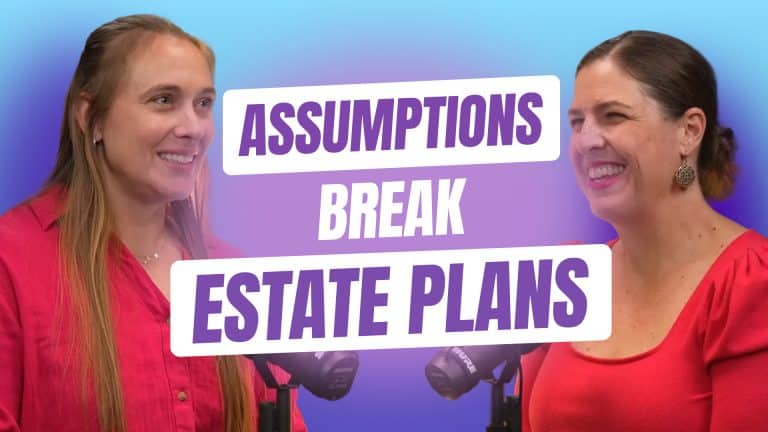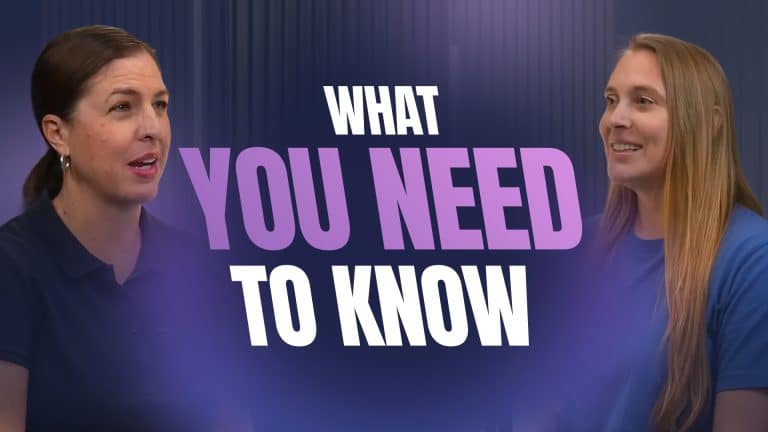Table of Contents
Probate isn’t just a legal term you vaguely remember from TV dramas. If you’ve recently lost a loved one and inherited a property, probate can become a real challenge.
So, what happens during probate, and what can you legally do with the home? What can’t you do? And how do you avoid making costly mistakes?
We’re going to walk you through the real estate side of the probate process—step-by-step—so you know exactly what to expect and how to move forward.
What Happens During Probate?
Step 1: You Can’t Touch the Property Yet
Here’s the first thing to understand: until the court appoints a Personal Representative (PR) or Executor, you can’t legally do anything with the property.
● No repairs beyond basic maintenance.
● No renting it out.
● No listing it for sale.
Even if you’re a close relative or have the best intentions, the law doesn’t care until the court says you’re in charge.
That said, you are allowed to maintain it – think lawn care or stopping a leak. However, anything beyond that is a no-go until you’re officially appointed.
Step 2: The Court Appoints a PR or Executor
Once the probate case is filed, the court selects someone to manage the estate. This person becomes the Personal Representative (PR) or Executor.
● This can be a family member, friend, or someone named in the will.
● The appointment gives them the legal authority to act on behalf of the estate.
Until this point, nobody’s allowed to make decisions about the property. That includes you.
Step 3: Know Your Type of Administration (It Matters)
After you’re appointed, the court assigns one of two administration types:
Independent Administration:
✅ You can list and sell the property with minimal court involvement.
✅ Fewer procedural hoops to jump through.
✅ Faster turnaround.
Without Independent Administration:
❌ Court oversight is heavier.
❌ You’ll need approval to accept offers or close deals.
We recommend confirming your administration status early. It affects everything from how quickly you can sell to how much red tape you’ll face.
Step 4: Understand the Court’s Role
The probate court isn’t just sitting back. It actively monitors the estate to make sure:
● Assets are handled properly
● Sales reflect fair market value
● Debts and obligations are paid before anything goes to the heirs
This protects the estate’s value—and keeps everyone honest. If you try to cut corners, expect delays, complications, or worse.
Step 5: Assemble Your Team
You don’t have to figure this out alone. Probate is complex, and mistakes are easy to make. Here’s who you should have on speed dial:
● Probate Attorney: Legal expert on your state’s probate laws
● Real Estate Agent (Probate-Savvy): Knows the process and court requirements
We don’t recommend going through probate without both. Too many things can go sideways.
Step 6: Move Forward Strategically
Once you’re legally cleared and understand your authority, you can:
● Prep the home for sale (within reason and court guidelines)
● List and show the property
● Accept offers (with or without court approval based on authority)
But always work with professionals who understand probate. One misstep can delay everything.
FAQ: What People Ask About Probate Real Estate
Can I live in the house during probate?
Maybe, but it can’t conflict with other heirs or estate duties.
Do I need court approval to sell?
Yes, unless you have full authority.
What if repairs are urgent?
Basic maintenance is fine. Major repairs? Get approval first.
How long does probate take?
Anywhere from a few months to over a year, depending on the complexity.
Can I choose the real estate agent?
Yes—but they should have probate experience. Don’t pick a generalist.
What to Do Next (Key Takeaways)
● Wait for your legal appointment before doing anything
● Understand your authority level: full or limited
● Work with a probate attorney and qualified agent
● Respect the court’s role and process
● Don’t go it alone—probate is tough enough already




